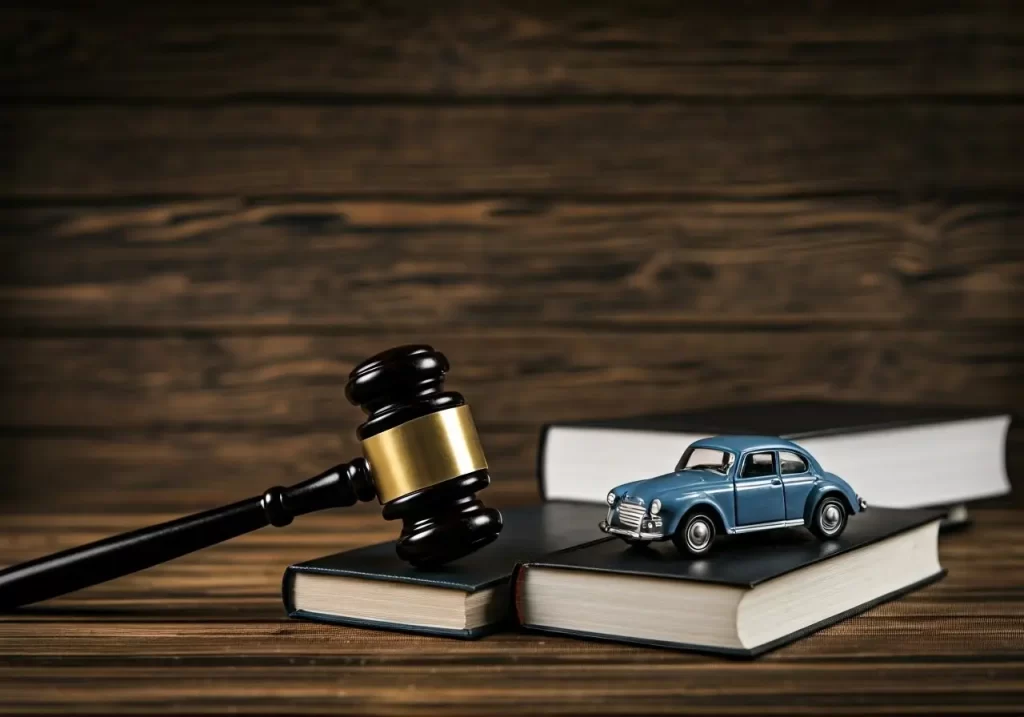Navigating the legal landscape of DUI laws in New Jersey can be daunting, especially with recent updates and amendments. In this FAQ blog, we will break down the latest changes to help you stay informed and compliant with New Jersey’s DUI regulations.
What Are the Recent Amendments to NJ DUI Laws?
Stay updated on the key changes to DUI laws in New Jersey, including lower blood alcohol concentration limits and stricter penalties for first-time offenders.
The landscape of DUI laws in New Jersey saw a significant shift with the signing of bill S-3011/A-4800, recently passed by Governor Murphy in December 2023. This legislation brings renewal to the 2019 penalty provisions, which were otherwise set to expire. A notable addition is the introduction of voluntary ignition interlock device installations. This amendment allows individuals to maintain their driving privileges by opting to install an ignition interlock device before a conviction is finalized. Discover more about how this change affects you.
Beyond the voluntary installation of ignition interlock devices, the new amendments also grant drivers the opportunity to earn credits towards license suspension periods. If you install the device and receive a designated license, you’ll earn credits for each period the interlock device is installed, thus reducing the actual time of suspension. This measure aims to keep roads safe while providing incentives for compliance, fostering a more rehabilitative rather than purely punitive approach.
How Do These Changes Affect Penalties and Fines?
Explore how the recent amendments impact the penalties and fines for DUI offenses, with increased fines and mandatory educational programs.
The updated NJ DUI laws emphasize harsher penalties for those convicted of driving under the influence. A first-time offender with a blood alcohol content (BAC) level of 0.08% to 0.10% could face fines ranging from (250 to )400, along with mandatory time in an Intoxicated Driver Resource Center. These penalties are part of broader efforts to tackle DUI offenses by combining educational interventions with financial penalties.
For repeat offenders, the repercussions are even more severe. A second violation can result in fines between (500 and )1,000, community service requirements, and a longer license suspension. Enhanced penalties reflect the state’s commitment to deterring repeat offenses and ensuring public safety. As DUI defense becomes increasingly complex, engaging with an experienced attorney is advised.
Is There a New Focus on Ignition Interlock Devices?
Discover the expanded use of ignition interlock devices for offenders and how they are becoming a crucial part of NJ’s DUI enforcement strategy.
Ignition interlock devices (IIDs) have become central to New Jersey’s strategy for managing DUI cases. Under the recent legislative changes, individuals arrested for DUI have the option to install an IID voluntarily. This can help keep drivers on the road legally while holding them accountable. The option to install the device early might be particularly beneficial for repeat offenders and those with higher BAC levels.
Inclusion of ignition interlock devices as a stipulation for driving underscores a preventive strategy aimed at stopping repeat DUIs. If you find yourself entangled in legal proceedings related to DUI charges, considering an IID installation could open up alternative avenues for retaining driving privileges. Learn more from others who have benefited from pursuing these legal options.
What Does the Law Say About Refusing a Breath Test?
Learn about the consequences of refusing a breath test under New Jersey DUI laws, which now include harsher penalties and implied consent requirements.
Refusing a breath test in New Jersey comes with its own set of penalties, which have been reinforced by recent laws. Under New Jersey’s DUI laws, refusal can lead to similar or even more severe consequences than a DUI conviction itself—emphasizing the critical nature of complying with testing requests.
In cases of breath test refusal, fines typically range from (300 to upwards of )1,000, and individuals may face license suspensions lasting several years for repeat offenses. Even if you’ve previously avoided criminal records, refusal to submit to a breath test could result in mandatory penalties, reinforcing the seriousness of DUI enforcement in the state.
Final Thoughts on Navigating NJ DUI Laws
Staying informed about the latest changes in NJ DUI laws is crucial for everyone, whether you’re a resident or just passing through. Understanding these modifications can help you make informed decisions and stay on the right side of the law. If you find yourself facing DUI charges, it may be beneficial to consult with a legal professional to navigate these complex avenues.


